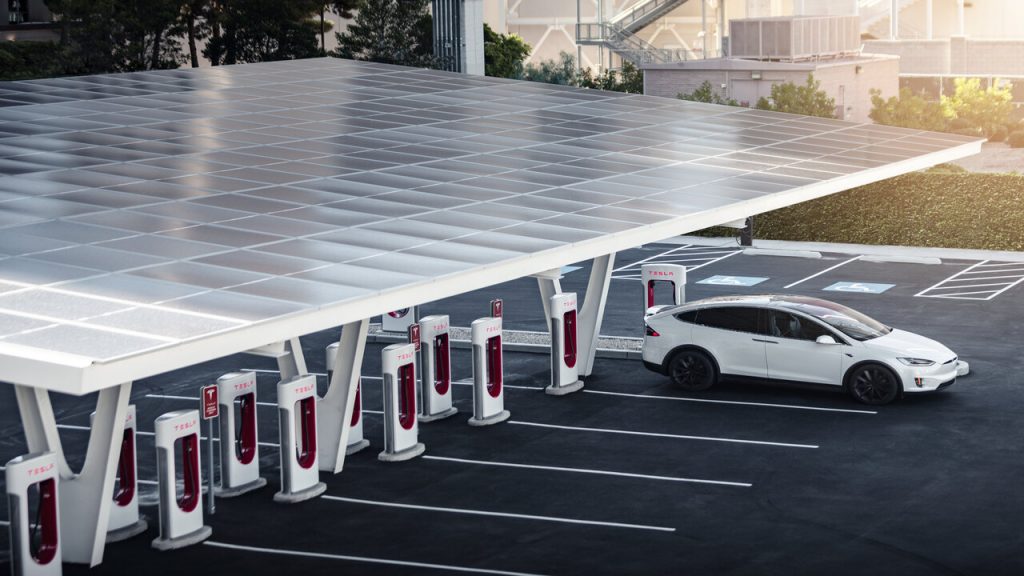Electric cars are slowly taking over the market but their fuel-powered brothers are still most sought after since electric cars are expensive and don’t output as much horsepower. However, this may change as experts predict that Electric cars may become cheaper than fuel-powered vehicles and will dominate car sales by the end of 2027. If this does happen, it could heavily reduce air pollution worldwide and free up fossil fuels for energy production to counteract the increased use of electricity because of electric cars.
The new study was commissioned by Transport & Environment, a non-profit organization based in Brussels. The organization has been campaigning for cleaner transport in Europe in lieu of the rising climate problem. The report predicts that battery prices will fall by 58% between 2020 and 2030 to around $58 per kilowatt-hour.
The current average pre-tax retail price of a medium-sized electric car is €33,300 (£28,914), compared with €18,600 for a petrol car, according to the research. In 2026, both are forecast to cost about €19,000. According to experts, the falling cost of battery prices coupled with the increased production of electric car manufacturers will make the cars cheaper to buy on average and this before any government subsidies are factored in.
The transition from fuel-powered vehicles to electric vehicles would be seen as a new milestone for the energy and climate system of the world. The cost of batteries being reduced to below $100 per kWh can be deemed as an important step towards the public’s transition to electric vehicles.
Environmental campaigners and other supporters of reduced emissions have been pressuring governments to help the switch to electricity by introducing more strict laws and emission regulations. The UK government is planning to put a ban on the sale of fuel-powered vehicles from 2030, while European companies have called on the EU to set 2035 as the end date for selling new combustion engine vehicles.
According to Julia Poliscanova, T&Es senior director for Vehicles and E-mobility, “With the right policies, battery-electric cars and vans can reach 100% of sales by 2035 in western, southern and even eastern Europe. The EU can set an end date in 2035 in the certainty that the market is ready. New polluting vehicles shouldn’t be sold for any longer than necessary”.
These forecasts really show that the world may just be moving towards the transition to electric engines letting the internal combustion engine finally rest. So time to save up for a Tesla when it’s cheaper in ten years.

